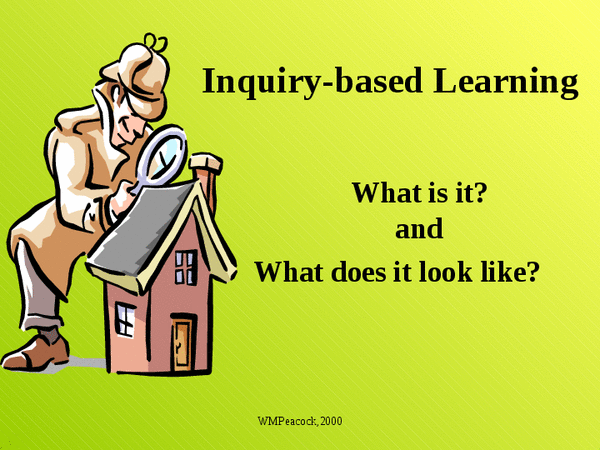

Pedagogical Philosophy
My philosophy of education is a mindful practice, a reflective orientation intended to nurture a love of learning and to enrich the potential of every student in my care. I uphold the challenge to build a learning community that inspires innovation, embraces diversity, and celebrates achievements—a strong foundation for all students.
As an educator in the Thames Valley District School Board, I commit to putting the needs of students first by:
-
Keeping the strengths of all students at the forefront during the decision-making process;
-
Advancing collaborative practices among colleagues that stimulate critical and creative thinking;
-
Seeking input and communicating effectively with family caregivers in a transparent and timely fashion; and,
-
Engaging our community to share expertise in supporting the strengths of students.
Inquiry-based learning and critically reflective thinking are integral to ensuring a safe, positive, and diverse learning environment. Encouraging and supporting risk-taking and innovation through collaborative goal-setting builds an enriching foundation to learn with high standards and clear expectations in mind. While teaching students to use their voice and encouraging them to explore leadership opportunities is a pillar of growth, recognizing the rights of all to feel safe and respected remains paramount and unalienable. Engaging the community to provide real world experiences for students provides the necessary link to foster success on all fronts—intellectually, emotionally, physically, and spiritually.
Gathering input from the school community to plan and implement the learning program is a core priority. Providing students with ongoing descriptive feedback about their work (assessment for learning) works in tandem with helping students to self-regulate and monitor their learning progress (assessment as learning), which collectively culminates in the reporting of progress through a narrative account reflecting the totality of learning under question (assessment of learning). Throughout the assessment continuum, access to resources, technologies, and experiences will be based on meeting the students’ strengths and needs.
Empowering students to become caring community members and responsible global citizens is a vision I take to my teaching practice every day. My kindergarten class is a place of making a positive difference in the lives of all students!
Professional Practice
Co-constructed Inquiry
Mapping my pedagogy through four threads
Integrated Learning/Outdoor Inquiry




Inclusive education
BUILDING THE TEACHING AND LEARNING SPACE TOGETHER: WITH FAMILIES AND THROUGH THE LEARNING ENVIRONMENT
The video posted above provides perspective on an envisioned attempt at co-constructing a Parent Engagement Program in the Kindergarten classroom.
The PowerPoint above offers insight into the co-construction of the Kindergarten learning environment, both indoors and outside. Such an environment is rooted in the use of "loose parts" to serve as entry points for children to play, explore, and grow in multiple contexts.
